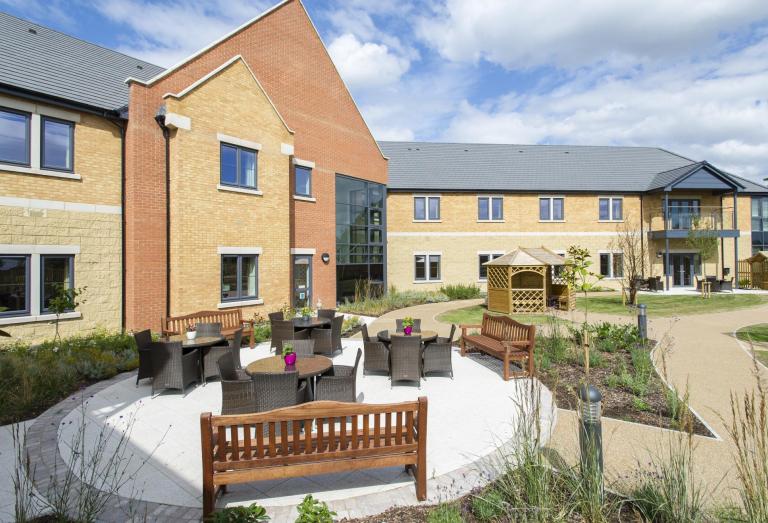Residential Care
Elderly Care in Blackpool & the Fylde
Blackpool and Fylde Coast Residential care:
Choosing from the two types of care home
1/ Homes without nursing care
If nursing care is not a major consideration, this is the best option. These homes offer the basics you would expect including accommodation, personal care assistance and meals.
The home may be a special one catering for those with specific requirements or particular conditions. They can also provide short term care for those recovering from illness or medical treatment.
2/ Home with care
As expected, these provide the same services and facilities as above but also cater for residents who have particular health requirements. This care will provide qualified nursing staff who must be available 24/7.
Comparing homes
Inspections of care homes give people the chance to compare the quality of care provided in different homes on matters such as national standards. The Care Quality Commissions website makes these reports available at www.cqc.org.uk
Committing to long term care is a major decision so it is vital that you consider all the avenues available to you before you make your decision. A little homework can help you make the choice that’s right for you.
Where do you choose for care?
When it comes to choosing a care home, the obvious choice may seem the closest, but that does not have to be the case. Providing the care home place is state-funded, it does not matter if the home is in your home town or in another county; your council/local authority remains responsible for the care fees. The home needs to meet the criteria set by your authority and meet the needs of the person to be cared for.
In this instance, the authority could offer you the care fees that would have been payable had you chosen a home within the authority’s area. Of course, if too are paying for the care out of your own pocket, you are free to choose anywhere you want. It is advisable to check out what is and is not payable beforehand.
What to look out for
It’s not a decision to take lightly, so choosing a care home is a decision that needs very careful consideration.
To help you make a decision, why not use our handy care checker? You may find it very helpful once you have seen a number of homes (a little like looking at different houses with estate agents).
Care Checker:
Money
What are the fees?
Are there any extras that need paying for?
Rooms
Single rooms?
En-Suite?
Own furniture allowed?
TV?
Locker for valuables?
Standard of decoration?
If required, are special grab rails and aids available?
Is the heating easy to manage?
General
Are the care staff friendly?
Is there a good ratio of staff to residents?
Are the surroundings pleasant?
What are the garden/conservatory areas like?
Is there regular entertainment provided?
Are special dietary needs catered for?

Care Fees:
Attendance allowance
Is a non-taxable benefit payable to those who need care. The lower rate is payable to those who need care either by day or night. The higher rate is for those who need care day and night.
If you live in a care home that provides nursing care, you may be entitled to the NHS Nursing Care Contribution. This is paid directly to the home.
Twelve-week property disregard deferred payments scheme
This means that for the first 12 weeks you are in residential care, the value of your property will be ignored when working out the contribution required from you and your care costs. After the initial 12 weeks, you would only pay the deferred payments when you sell your home or leave residential care.
NHS Nursing Care Contribution.
Twelve week property disregard deferred payments scheme
What will your care cost?
(note, the value of your home is included unless your partner, a relative over 60 (or who is incapacitated) or a child under 16 (who you or a former partner maintain) still lives there.)
IF YES, arrange for a Community Care Assessment to define your care needs. The homes you are considering must be suitable for your care needs. If your saving (excluding your property) are less than £23,250, you can receive help with fees for the first 12 weeks.
IF NO, you will receive help towards your care costs. A Community Care Assessment will tell you how much this is likely to be. Your choice of home will be restricted to those that accept the adult social care’s funding level.
*correct at time of publication.
Deferred Payment Agreements
Map of Residential Care Homes
For a more detailed view of residential care homes available in a specific area, click the relevant postcode link below:
Is your business missing from the map?
To add your business to this Elderly Care website use the form found by clicking the button below: